Are you sick of feeling limited by traditional financial services and intermediaries? Ready to break the bonds of a centralised economic system and take control of your financial future? Welcome to DeFi – the financial revolution that’s shaking up the cryptocurrency and Blockchain industry and bringing the power of financial services to the people. For those in developing countries or those who don’t have access to traditional economic systems, DeFi offers an inclusive, open, and transparent way to access financial services and products. But is it really as decentralised as it claims to be? Let’s take a closer look, shall we? We’ll explore how DeFi isn’t living up to its decentralised promise and how we can make it even more accessible and secure.
Decentralisation might give you a false sense of security, but there are still plenty of risks in investing in cryptocurrencies and blockchain-based assets. With volatility being one of the main risks, it’s important to be aware of the potential pitfalls, like when Elon Musk turned Dogecoin volatility into a fortune, but you could also lose it all in one go. There’s also the risk of theft or hacking that can leave you high and dry, and the ever-changing regulations that could make the environment difficult to navigate.
There are cases where certain projects are using the term ‘decentralised’ more as a buzzword rather than actually being decentralised. For example, many projects are having a few key players that hold a major power and decision-making power over the protocol and project, and that makes it centralised in nature.
So before you jump in, it’s essential to do your homework, understand the risks, and manage them carefully.
Now let’s talk about the elephant in the room, hacking, and theft! Despite being more secure than traditional financial systems, Blockchains and cryptocurrencies are still vulnerable to malicious attacks and there have been several instances of large-scale theft in the past.
First up, we’ve got the Binance Bridge Hack. This was a real hoot! On October 7th, 2022, the cross-chain bridge that powers the Binance Coin (BNB) ecosystem was hacked. The Binance Smart Chain (BSC) was temporarily suspended by Binance after it was discovered that a vulnerability had been exploited. The attacker was able to issue 2 million BNB, worth approximately $566 million, on October 6th, 2022, through two transactions of 1 million BNB each. Can you believe it? Binance, the giant in the crypto world, had to temporarily suspend its own blockchain, the Binance Smart Chain (BSC). I mean, talk about irony! Here’s this cutting-edge decentralised technology, with all its fancy smart contracts and immutability, and it can still be stopped by a single authority. It just goes to show that even the best-laid plans can still fall victim to good old-fashioned human error. But, on the bright side, it also shows the importance of constant security monitoring and review, because in the world of crypto, you snooze, you lose. Just imagine, a cool $566 million worth of BNB gone in two swift transactions! I’m sure the attacker had a good laugh while they made off with all that loot!
Next, we have the Nomad Bridge Hack. This one was a real doozy! You can call it a “Decentralised Robbery”. In August 2022, we saw the Nomad token bridge come under attack, resulting in a massive $190 million being siphoned out of the Nomad liquidity pool. This made it one of the biggest DeFi hacks in history and one of the most chaotic, as the technique used to steal funds required little technical knowledge. This led to a frenzy of cash-grabbing copycats as soon as news of the exploit spread on social media.
It’s not just the Nomad token bridge that fell victim to these attacks. The Ronin Bridge was also hacked in March 2022; with around $600 million stolen, while the Harmony Bridge was attacked in June 2022, resulting in a loss of around $100 million, it was as easy as taking candy from a baby!
These incidents show that even with the decentralised nature of cryptocurrencies and Blockchains, there’s always a risk of hacking attacks. It’s crucial for organisations to have strong security measures in place to prevent such incidents and minimize the damage if they do occur. Otherwise, it’s just a waiting game for the next big DeFi hack!
In the next sections, we will explore the various ways in which DeFi is not truly decentralised and discuss potential solutions to address these issues.
In the world of DeFi, we’re talkin’ about a financial revolution – goodbye centralised banks, hello decentralised vibes! But, hold up, it’s not all sunshine and rainbows. You see, sometimes the “decentralised” label can be deceiving. Sure, no single entity controls the flow of funds, but often times a small group of individuals or organisations hold the power to make decisions that could impact the entire project.
Take, for example, the DeFi project controlled by a small group of developers with a huge chunk of tokens. They hold the power to make changes to the smart contract code or governance structure, but the real question is, do they have the community’s best interest at heart? This is where the ‘Squid Game Rug Pull’ comes into play. As the story goes, a small group of developers created a DeFi project, held a large number of tokens, and had complete control over the project. It seemed like a good idea at the time, but it wasn’t long before they started to make decisions that only benefited themselves and not the wider community. This ‘rug pull’ resulted in significant losses for the users and a lack of trust in the project.
It goes to show that when centralised actors have too much control over a project, the community, and users can suffer the consequences. To avoid such scenarios, DeFi projects must strive for decentralisation and ensure that their governance structures are transparent and accountable. This means that changes to the code or governance structure should be voted on by the community and that the project should have clear rules and regulations about who holds what tokens and what role they play.
Oh boy, let’s talk about the challenges of DeFi! Have you ever heard of the saying “too much of a good thing can be bad”? Well, that’s what we’re looking at with DeFi and centralised infrastructure.
Imagine a DeFi ecosystem made up of beautiful and complex smart contracts, but it all relies on centralised exchanges, oracles, and other centralised entities. It’s like putting all your DeFi eggs in one centralised basket. Eeks!
For example, let’s say a centralised exchange holds a huge chunk of the trading volume for a DeFi token, this gives them massive power over the token’s price, and they could potentially manipulate the market to their advantage. Or, if a centralised oracle service is used to determine the value of an asset, it’s like giving them a magic wand to change the price of the asset, which could lead to financial losses for innocent DeFi users.
But wait, there’s more! The reliance on centralised entities also leaves the DeFi ecosystem vulnerable to the same issues that centralised systems face, like security vulnerabilities, regulations, and downtime. It’s like having a castle made of jellybeans, it looks sweet but it’s not exactly sturdy.
Now, let’s contrast this with the bright side of a truly decentralised financial system. It’s like the Wild West, but with money. With DeFi, we get a chance to create new and innovative financial products and services. The protocols are open-source and can be easily built upon, creating a thriving ecosystem of developers and start-ups.
Plus, decentralisation means that in the event of a failure or attack, the rest of the system can continue to operate. It’s like having a squad of backup dancers, even if one falls, the show must go on! And, there’s no one point of control, making DeFi less susceptible to censorship or manipulation.
The DeFi world is full of twists and turns, but one thing’s for sure; we need to make sure that our decentralised finances stay, well, decentralised! We can’t have a few power players hogging all the control, now can we?
To steer the DeFi ship in the right direction, there are a few key solutions that need to be put into action:
Let’s make sure we don’t have any monkey business happening in our DeFi world. Regular code review and on-chain security monitoring keep our projects safe and secure. So, let’s steer DeFi towards the land of the truly decentralised, where everyone has a say and the possibilities are endless. These issues are just a couple of examples that showcase the risks associated with decentralised exchanges and the need for better security practices in the DEFI space. The decentralised world of cryptocurrencies and Blockchains may seem like a wild west of sorts, but it’s important to be aware of the risks associated with these investments. Just because they’re decentralised, doesn’t mean the risk is centralised, so make sure to thoroughly research and understand the potential risks before jumping into the crypto rodeo.
Get your free cyber consultation today
Stay updated with the latest threats and industry news.
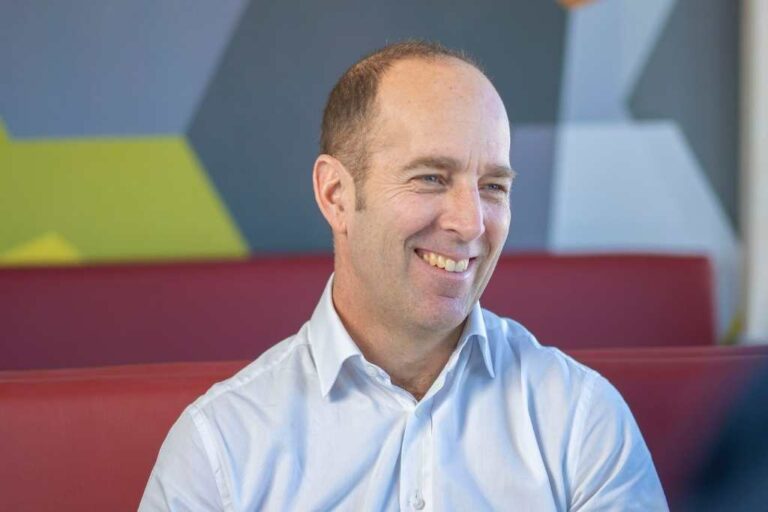
Kurt Schrauwen is a Director of the Riela Group of companies which includes Riela Yachts, Riela Cyber and Riela Tech.
Kurt brings more than 20 years of leadership experience having been an early part of the global success of Microgaming in becoming a market leader. Kurt was responsible for the commercial, contractual, and technical sales for Microgaming and with this experience will complement the company’s growth strategy.
Kurt is passionate about business optimisation and prides himself in having an intrapreneurial outlook to maximise staff potential, reduce inefficiencies as well as identifying and maturing revenue growth opportunities.
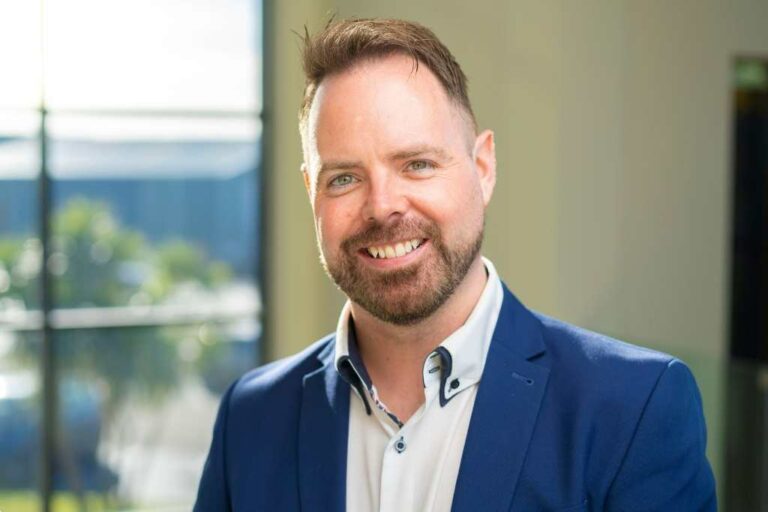
Paul Cocker joined the Riela Group in late 2021, after spending just under 20 years with his previous employer.
Paul is responsible for the Riela Tech service levels, working on both the dispatch function and SLA management. Paul carries out a variety of duties across the Network Operations Centre and works closely across the wider team to deliver professionally tailored solutions for our Riela Tech clients.
Something isn’t Clear?
Feel free to contact us, and we will be more than happy to answer all of your questions.
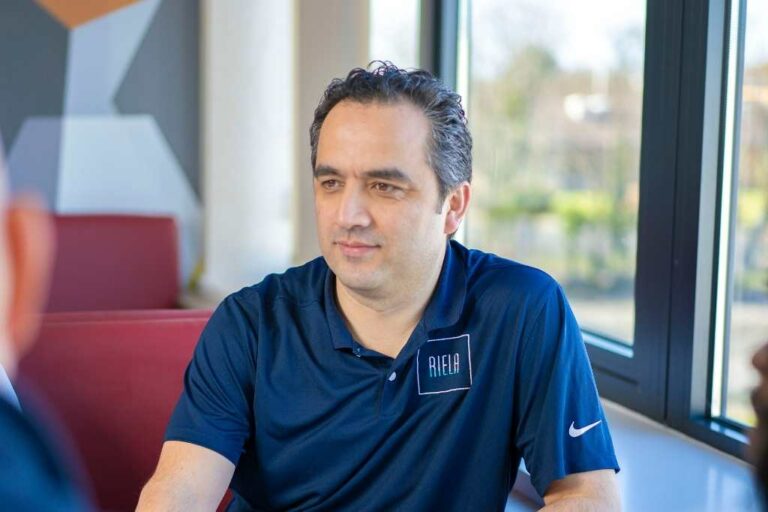
Murat Guner joined the Riela Group in the Summer of 2021 as an Infrastructure Engineer.
Murat began his career in Turkey as a computer teacher for primary and secondary schools before migrating his skills into IT infrastructure. After honing his IT experiences throughout a colourful career path, Murat gained numerous qualifications which he is now excited to apply to the management of our Riela Tech infrastructure.

Andy is a qualified Network Engineer with in-depth knowledge of architecting, implementing and supporting networking solutions in the SMB, Enterprise and Service Provider environments.
He has over 20 years of experience working across multiple vendor operating systems, including Cisco, Juniper, Linux and Microsoft, and has also been responsible for implementing a variety of large scale network services deployments, taking projects from design to rollout and support.
Andy also has experience of deploying and migrating a range of virtualisation technologies including VMWare, Hyper-V and KVM based systems.
Email: andy@riela-cyber.com
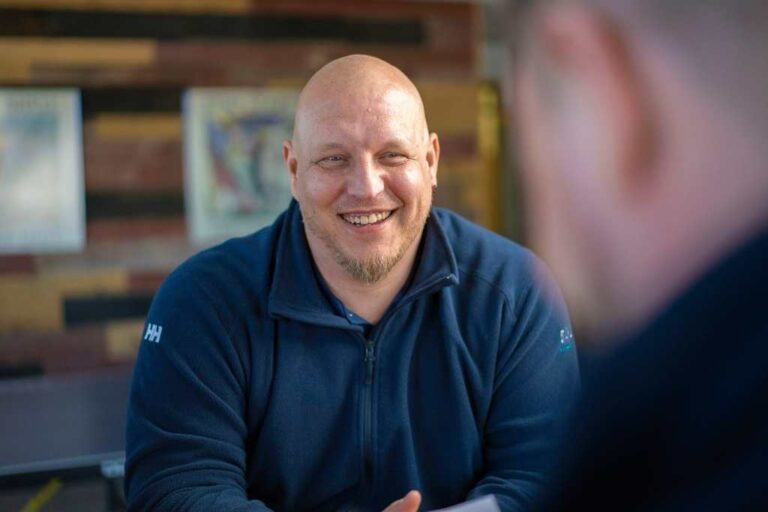
Marc is our Group’s Infrastructure and Managed Services lead with over 18 years’ experience in delivering infrastructure projects across multiple industry verticals and international jurisdictions. From projects in Aerospace and Engineering through to Banking and Insurance, from Europe, China, Africa and Australia.
This experience is matched with a varied list of certifications from leading industry vendors such as Hp, Cisco, Microsoft, Ruckus, CompTIA and more. As a qualified technical trainer Marc is comfortably able to take complicated technical concepts and deliver them in simplistic terms to key decision makers and end users alike.
Most of Marc’s experience has been gained working for managed service providers, both large and niche and as such is able to take real world experience and blend it with industry standards to help align our service delivery with our clients values and processes.

As a Marketing Executive, Alex is responsible for all marketing duties spanning the Riela Group.
Alex joined the Riela Group in August 2020, shortly after graduating with a Psychology degree from Nottingham Trent University.
With past work experience in content marketing, event management and web design, Alex is able to apply her creative and analytical skills into the Riela strategy.
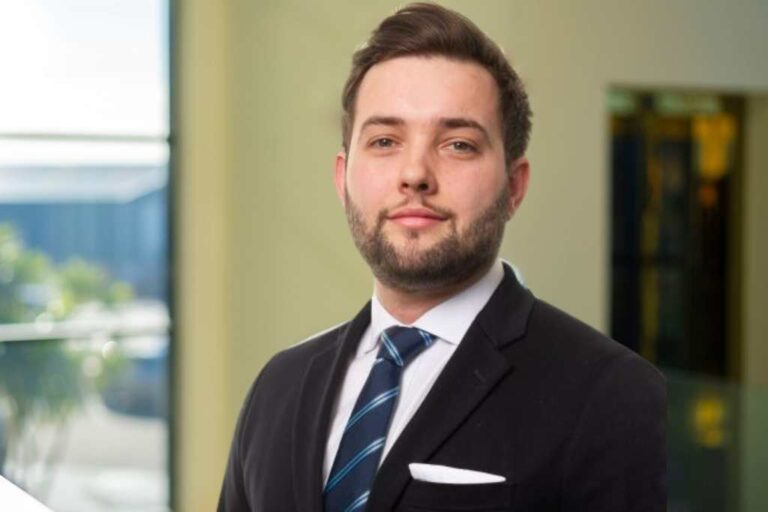
As the Head of Group Sales at the Riela family of companies, Matthew leads the company’s sales strategy, execution, and growth.
Matthew has a successful record building trusted client relationship and delivering upon set expectations. An accomplished sales leader, he delivers a sales process that provides clients with the information and support they need to make the right decisions for their organisations and their constituents.
Matthew has significant experience within the maritime industry having previously worked across various sectors including insurance, security, satellite communications and managed IT. Matthew’s most recent experience encompasses almost 5 years spent with the leading satellite communications and managed IT provider in the maritime industry, focusing on their superyacht clientele.
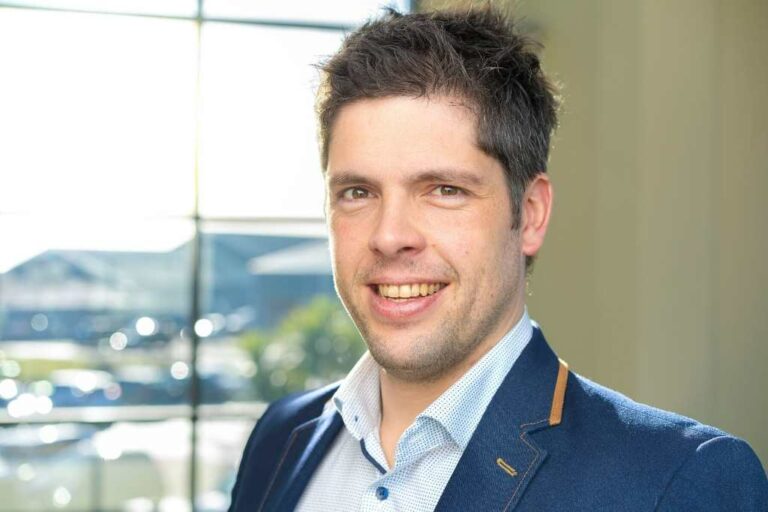
Christian is involved across the Riela family of companies with particular attention to the technology businesses, Cyber and Tech.
Christian gained a postgraduate Master in Finance degree at the University of Neuchatel, Switzerland and completed his MBA at the University of Chicago Booth School of Business.
Before joining us, Christian worked for six years at Argosy Capital, an Isle of Man-based private equity and venture capital business focusing on early-stage growth businesses. At Argosy, he focused on managing investment companies, research and financial analysis and served as a director on several boards.

Robert Tobin is the Managing Director of the Riela Group of Companies and is responsible in overseeing our business operations, our people and driving excellence in all we do.
Rob brings over 25 years’ of successful leadership and entrepreneurial experience across a range of industries including Family Office, corporate services, construction engineering, Superyachts, cyber security and information technology development to our Group, and to our customers.
In the past 15 years Rob has gained a prominent reputation within the Superyacht industry for his passion, integrity, innovation and achievements to date.
“Being part of an awesome, capable and forward thinking team that have a shared passion for Superyachts, people and the environment is the highlight of my career and puts a smile on my face and a spring in my step everyday”.

Peter is an experienced technology consultant with a demonstrated history of working in the IT and cyber security industry. Skilled in Search Engine Optimization (SEO), IT Strategy, Start-ups, Regulations, and Online Gaming. Strong consulting professional with a DPhil focused in Natural Sciences from ChristChurch, Oxford.

Tim Bliss, Managing Director of Riela Tech since the company foundation in 2015 and Director of Riela Cyber, brings over 20 years’ of successful leadership experience across a range of industries including finance and banking, software development, and manufacturing, as well as cyber security and information technology. Prior to forming the company he led the technology for Manx Financial Group PLC, where he was instrumental in business systems transformation.
“It is our hugely capable team of experts that drives our business – it is fantastic and rewarding to be able to use technology, intelligence, and great customer service to help make our clients’ business and staff progressively more efficient resilient and secure”